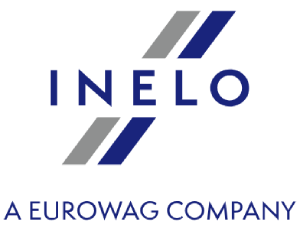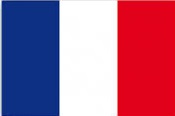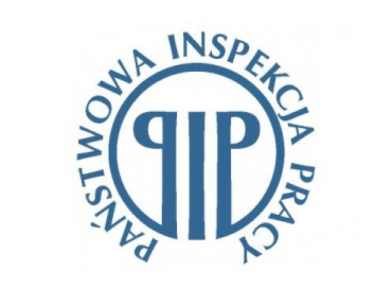At the end of June in Belgrade there was a meeting of the Board of the international confederation of CORTE (The Confederation of Organisations in Road Transport Enforcement) held. During this meeting the upcoming changes in the transport sector were discussed in detail. New regulations will be important not only for transport companies or drivers, but also for inspectors, ministries, tachograph manufacturers and data analysis software providers. In addition to the recently much-spoken topics such as the Road Package and the rules for new smart tachographs, a draft of harmonised interpretation of regulations across Europe has been discussed. A group of experts working within The Calculation Rules Working Group is preparing a document that is expected to be forwarded for consultation to the European Commission by the end of this year. Its approval and inclusion in the current TRACE program would allow for the harmonization of the work of enforcement authorities and thus, the work of transport companies and drivers in all European countries.
On 28-29 June, another meeting of the CORTE Board was held, which discussed in detail the proposals of the European Commission included in the so-called Road Package. In autumn, members of the confederation plan to gather their comments and hand them over to the EU body. Another important issue that will also be consulted with the Commission is a document developed by experts in the Calculation Rules Working Group. Since 2014 members of this team have been working on a system that would allow for harmonisation of analysing violations in all European countries. As the experts point out, the current TRACE program does not provide for all possible cases. As a consequence, this means that the same legal regulations are interpreted differently by individual enforcement authorities. About the proposals of changes developed by CORTE, describes Małgorzata Stocerz of INELO, who is the only representative from Poland on the Board of the confederation:
CORTE and the Calculation Rules Working Group for the first time create such a detailed and comprehensive document for the calculation and analysis of violations. Previously we forwarded to the European Commission single applications which were further discussed. We expect that the final version of the document will be created by the end of this year. There are several possibilities on how our proposal may be perceived. The Commission can simply approve the project and then recommend or publish it as its guideline. Another possibility is to include it in the TRACE program, which now unifies the work of inspections in various countries and all inspectors in Europe are trained according to it. However, inside CORTE we noted that this document is incomplete. Therefore, our draft has been supplemented by cases of violations and critical situations, which are currently not clear and do not result directly from regulations. We hope that the Commission will accept the prepared document so that a new supporting and complementary element will be introduced at the same time applicable to all road transport inspections. It is very important to unify the rules for the analysis of violations in all European countries and to provide a solution that will meet the different needs of inspectors.
Invitation to membership of CORTE
CORTE is one of the most famous international transport platforms, which was established in 2004 on the initiative of executive representatives from several European Union countries. Its main purpose is to bring together people and organizations from Europe and beyond, responsible for road transport, safety and traffic protection. The confederation includes mainly representatives of inspectors, infrastructure and transport ministries and tachograph card issuers, as well as tachograph manufacturers, software and devices for transport companies. At the July meeting, the current members of the Management Board announced their intention to expand the group of experts to include further associations of transport companies. So far, the main representative of the companies is the International Road Transport Union (IRU).
In the near future, the CORTE Board of Directors will start searching and will invite transport companies to its association. I think that such an invitation may come to some association from Poland and other countries. It is also possible for organizations to volunteer themselves and communicate their willingness to join the confederation. It should be stressed that this does not have to be an international association at all. The CORTE expert group is also expanding on non-EU members, as exemplified by the host of our last meeting – says Małgorzata Stocerz.
The June meeting of the CORTE Board was held on a special invitation from the Serbian Road Traffic Safety Agency. Representatives of the CORTE Executive Board were presented with how the work of the National Road Transport Inspectorate, existing since 2014, looks like. At present there are 60 inspectors in the body, and it is developing dynamically.
Interestingly, as many as 90 % tachographs, assembled in Serbia are analogue devices. Only 10 % are digital tachographs. In other European countries, which belong to the EU, we observe completely opposite statistics. Despite this data, however, we must keep in mind that Serbian enforcement authorities are constantly developing and improving their qualifications. Drivers who carry out transport services in this country should be aware of possible checks by inspectors. It is no longer a state into which to enter and leave is without consequences in case of violations – concludes Małgorzata Stocerz.



